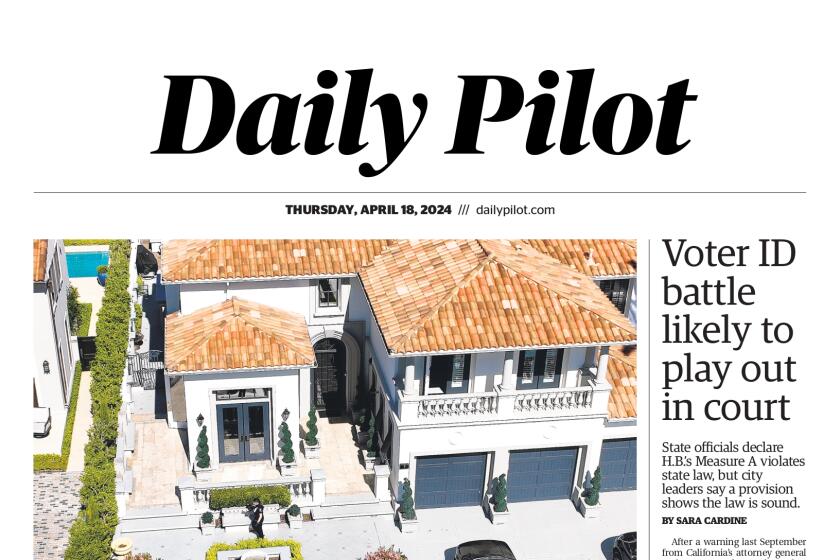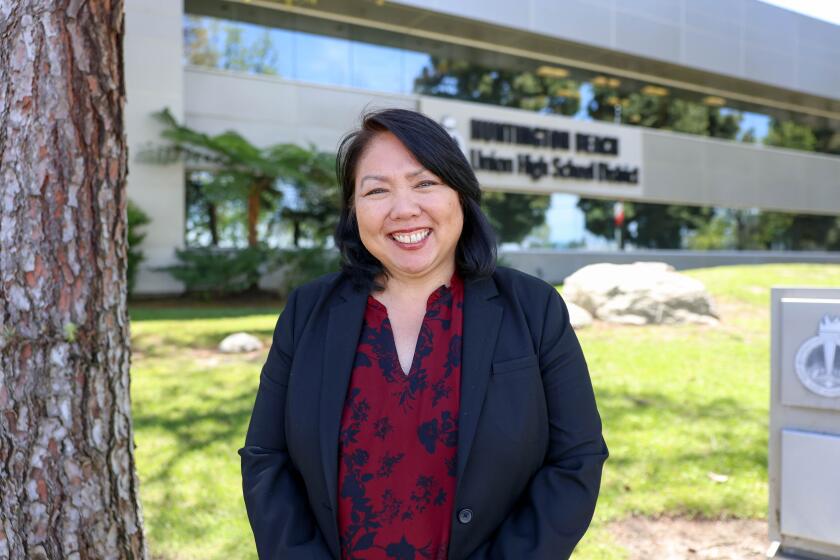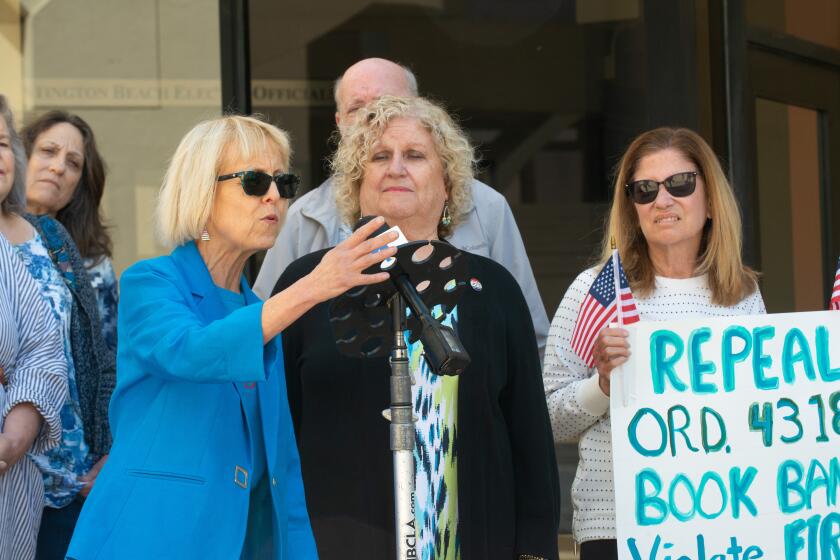3 more sober-living permits denied in Costa Mesa
It was three strikes for a sober-living home operator Monday night as Costa Mesa planning commissioners unanimously denied a trio of permit applications.
The operator, SoCal Recovery, sought the commission’s approval for homes serving up to six men each at 783 Hudson Ave. and 208 Cecil Place and for a facility with as many as 32 residents in six units at 175 E. 21st St.
In each case, commissioners said the homes run afoul of the city’s buffer rule aimed at keeping such facilities from congregating in local neighborhoods.
“These are businesses, and we’re given authority by the state to regulate these businesses to some extent,” said commission Vice Chairman Byron de Arakal. “I think that’s what we’re doing with the distance requirement.”
City rules state that group homes, licensed alcohol and drug treatment facilities and sober-living homes — which typically house recovering alcoholics and drug addicts — must be at least 650 feet from one another in residential areas.
In SoCal Recovery’s case, at least one other such facility is within that distance from all three homes, according to city staff.
The commission’s decisions are final unless appealed to the City Council within seven days.
Commission hearings on other sober-living permit applications in recent months typically featured thorough presentations from applicants detailing the nature of their operations, as well as testimonials from employees and clients about the quality of the services they provide.
Representatives of SoCal Recovery, however, hardly spoke about their applications Monday.
The two men — who did not identify themselves publicly during the meeting and declined to do so afterward — raised issues with the way Costa Mesa applies the 650-foot rule, saying the city should use walking distance, rather than a bird’s-eye measurement, to calculate the requirement.
Of the dozens of residents who turned out at the meeting, no one spoke in favor of any of SoCal Recovery’s applications.
They instead presented a laundry list of issues with the homes — portraying them as an ongoing hindrance to their quality of life. Some said the situation is so bad that they’re considering moving.
“It’s just this revolving door of non-neighbors,” said Jeremy Rhyne, who lives near the 21st Street property. “It’s people in a business. I don’t want to live next to a business. I want to live next to another neighbor who’s trying to do what I’m doing — that is, raise their family.”
People living in the facilities are loud and often use profane language, nearby residents said, and the operations have created parking and traffic problems in their neighborhoods.
Others said they don’t feel safe in their yards anymore because of secondhand cigarette smoke wafting from the facilities. Some said they’re afraid to even walk by them.
Twitter @LukeMMoney
All the latest on Orange County from Orange County.
Get our free TimesOC newsletter.
You may occasionally receive promotional content from the Daily Pilot.




